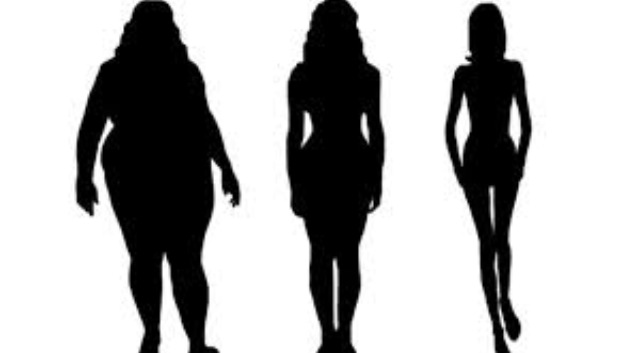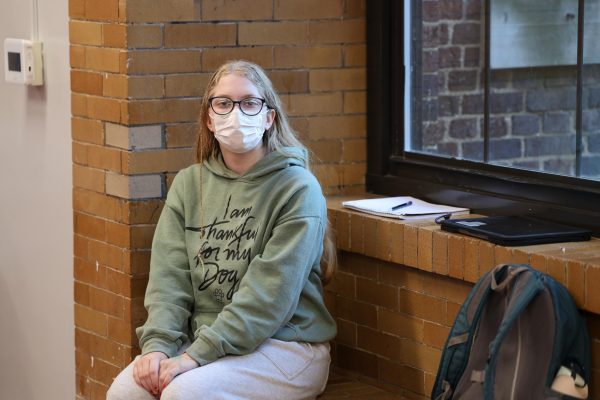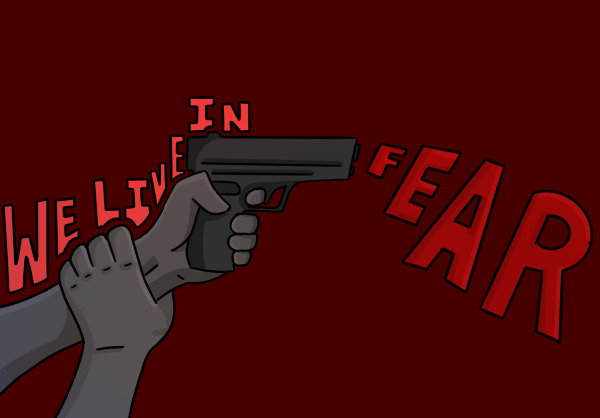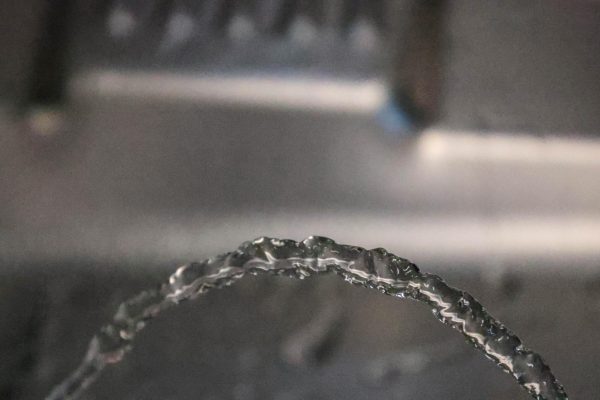Skinny Shaming vs Fat Shaming
In today’s society, skinny bodies are considered ideal, normal, and even “perfect” while fat bodies are thought by many to be ugly and gross. People with all body types receive criticism, but the types of shaming are inequal. Many people believe “skinny-shaming” to be as much of a problem as “fat-shaming,” but it is not. Society’s obsession with skinny bodies makes the shaming of thin bodies, incomparable to that of fat bodies.
Although it is never nice to comment negatively about someone else’s body or appearance, it is absurd to claim that calling someone “too skinny” has the same effect as calling someone fat. It is a mean thing to do and people clearly have the right to be offended by being called skinny, but it is not the same problem that fat women face.
Power and prejudice are the main reasons for the difference between the shaming of thin and fat bodies. Skinny shaming is not nice but it is also not oppressive. Skinny shaming can be compared to reverse sexism, reverse racism, heterophobia, and cisphobia. Although these issues are not the same, they share the same theme: you can not oppress the people who have social power.
Thin privilege is shown in society in countless ways. A main example is the media. Modeling agencies, movies, and TV shows feature primarily skinny women. Movies and TV shows occasionally have fat actresses but they’re usually either in a small roll or at the butt of some joke. It is argued that skinny actresses like Kiera Knightly have it just as bad since they get lots of hate for being skinny. The difference is, she is still seen on the covers of tons of large magazines and plays the lead role in dozens of movies. She gets hate but continues to reap the benefits of thin privilege.
Another way that this privilege plays out is in the perception that fat people are ugly, lazy, and slobbish. It is impossible to tell anything about people’s health based on their physical appearance. Some fat people can eat properly and exercise, but not lose any weight. Being overweight can come from genetics in the same way that height or eye color can. Diets only work about 2-5% of the time, according to Karin Kratina of nourishingconnections.com. And although it is hard to believe, not all fat people are trying to get skinny. The idea that being skinny should be everyone’s goal is a prime example of the deeply ingrained hate society has for fat.
Often, people try to avoid using the word “fat” to describe people because they don’t want to be offensive. The word fat has negative connotations and can be very insulting to many people, but it shouldn’t be. Fat is just another descriptor like short or tall. People have been groomed to believe that being fat is a negative thing, so the word has become negative also. When people stop believing skinny is the goal that all people work towards and recognize fat bodies as equal bodies, this word might be perceived more positively.
Many people see posts that are celebrating fat bodies or encouraging fat people to love themselves and wonder, where are the skinny people? I’m skinny, should I not be confident too? This can be perceived as skinny shaming or an over correction focusing too much on fat bodies. If the groups were equal, this might actually be special privilege but since they are not, it is more about leveling out the playing field.









